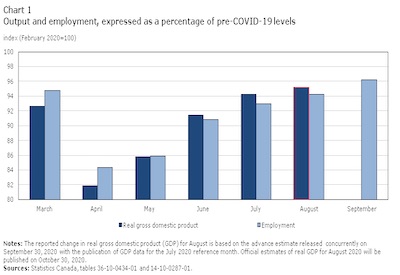Amazon’s Achilles Heel

February 5, 2018
Rick McCarten
Amazon relies on one thing: people visiting their website who know what they want. If additional services are required to make the purchase, the Internet sales fail to meet customers’ needs.
That may sound small, but it is not. Henry Ford once said that if you asked the customer what they wanted at the turn of the 19th century, they would have said a faster horse, not an inexpensive automobile. Now, if Amazon had been around at that time, it would not have taken them long to get “Models As” up on their website, but there would have been a period when customers needed convincing; when customers needed instruction, servicing and repair. This is a sweet spot that Amazon or any online retailer will have trouble occupying.
Another way to look at this is to compare products to knowledge. There are two types of knowledge:
- explicit knowledge. This type of knowledge is acquired through reading. An example of this is the knowledge you gain from an instruction manual when you are assembling a bike. You can read the instructions and put a bike together. The knowledge of the product and the minimal technical skills allow instructions to be transmitted by written text.
- tacit knowledge. This type of learning is unspoken. Apprenticeship programs are the best example of this knowledge type, where watching action and working alongside experts transfer the skills you need to develop knowledge in a given area. You can follow instruction to put together a bookshelf, but it would be much harder putting together a combustion engine that requires feyness and experience.
Product can be classified as “explicit” and “tacit” as well. Explicit is anything that a customer would feel comfortable purchasing over the Internet. Tacit would be something that the customer would need help understanding, putting together and maintaining.
Many new things start out needing hand-holding and quickly move to an explicit model. But others do not. Haircutting for instance; this is a very simple thing, but everyone’s hair is different and they all want a different look. You cannot sell actual haircutting over the Internet (unless you shave if all off like me). You need to have someone to connect with, who understands what you want, and even then they don’t always get it right.
Listening to a professor in person will always be better than reading their book. The book might suffice, but people will always pay more in a classroom. That is because they get a lot more out of the experience.
Service and new technology are the Achilles heel of Internet sales. How can Amazon ever compete with someone who visits the jobsite of a customer and understands what the customer’s issues are? How can Amazon ever explain and teach new technology applications? How can they ever compete with solution and service providers for projects, especially with updated technology? How can they ever sell haircuts?
Rick McCarten is VP, Operations, Electro-Federation Canada.











